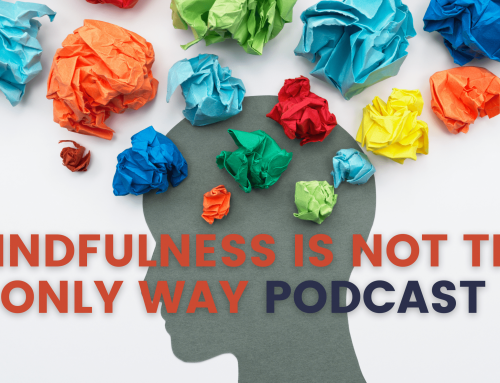I watched the second episode of ‘Trust Me I’m a Doctor’ , a very interesting BBC programme which looks at the evidence behind many health ideas, products and procedures.
Tonight’s show tackled a topic which I’m personally very interested in – the idea of having a fully body scan to find out if any sinister conditions are starting to take shape in your body.
In fact, i was planning to book myself in for a scan over the next few weeks. This show has certainly given me cause to rethink. Here’s the summary from the BBC’s site:
‘Surgeon Gabriel Weston investigates the growing industry of private health screening, where some companies offer a whole series of tests and scans to give you a ‘full body MOT’ even if you have no symptoms or high risk of disease at all. Are these worth doing as a means of giving you peace of mind – or picking up a potentially serious condition early?
Screen Reader Help
The first problem she uncovers is that detailed but general scans, such as a full body MRI or CT scan, can frequently bring to light small abnormalities which have no implications for health at all. They are the equivalent of tiny moles, freckles or scars on the outside of our body. Yet if they are picked up on a scan, then they can cause worry and further, much more invasive, testing – usually for no reason.
The second problem that she uncovers is that even for some very specific tests, such as ultrasound of the arteries to assess the risk of stroke, the treatment available to rectify any small issues found carries very high risks to the patient. In the case of the ultrasound of the Carotid arteries in the neck, surgery to help clear any blockages would not be advised unless the patient had already had a stroke, or mini-stroke, making a test on an otherwise healthy person pointless.
So are there any tests that are worth having? Gabriel visits Professor Nicholas Wald of the Wolfson Institute of Preventative Medicine who is one of the world’s leading authorities on screening tests. He outlines the three criteria that he uses to define a test that is worth taking: The test has to be for a serious condition that can be detected before it gives symptoms, the test has to have sufficient accuracy in discriminating those who have the condition from those who don’t, and there has to be an effective treatment for the condition once it is caught early.
Given those criteria, Professor Wald gives Gabriel his opinion on a selection of some of the most common tests offered by private health companies. You can see his response in the video clip above.’
via BBC Two – Trust Me I’m A Doctor – Full Body Screening.







